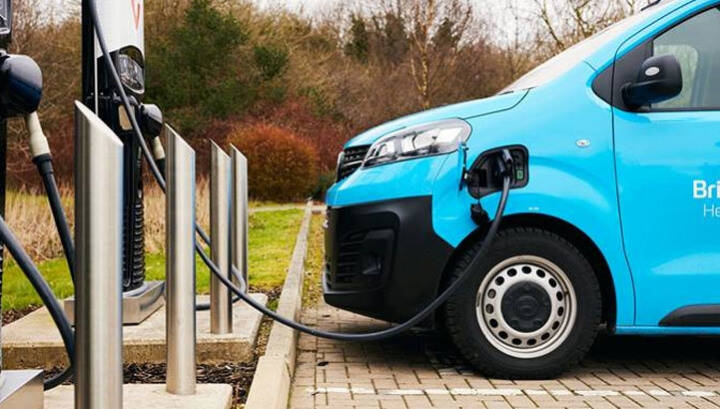With just nine years until the ban on the sale of petrol and diesel vehicles, many businesses are already planning on investing in new electric vehicles in preparation for the change.

According to a recent poll by Centrica Business Solutions, UK businesses plan to spend £15.8 billion on electric vehicles this financial year as they try to stay ahead of legislation and meet the environmental demands they face.
But there is more to think about than just the vehicles themselves, says phs Compliance, a leading provider of workplace compliance and building engineering services
“Investing in electric vehicles is a big commitment for any business so they need to ensure they get all of the infrastructure they need in place early to ensure a smooth transition for their fleet, as well as considering on-going maintenance and compliance obligations as part of their planning,” said Dan Lee, Managing Director of phs Compliance.
“The first thing to consider is your electric vehicle charging points – or EV points. How many EV points you will need will depend on several factors, including the number of employees or customers that drive – or are anticipated to drive – electric cars, how often your employees need to use their car during the day, the number of off-road parking spaces that are available to you and, of course, budget. A specialist like phs Compliance can advise you on this.
“You’ll also need to think about the type of charging point needed. It’s best to choose a charging point that is the most compatible with the widest range of electric vehicles. The most popular workplace charging points are Type 2 7.4kW charger. These charge most of the best-selling electric vehicles in 3-7 hours, but there are faster chargers and different designs available depending on your needs and electrical infrastructure.
“Finally, you should always use an installer who has been fully approved and accredited by the UK’s Office for Zero Emission Vehicles, also known as the Office for Low Emission Vehicles (OLEV), to install an EV charging point to ensure a safe and compliant service.
“And once installation is complete, the ‘duty holder’ is required by law under the Electricity at Work Regulations 1989 to ensure that all EV charging points are safe to use and do not pose any danger to users, just like any other fixed electrical installation. It is recommended that EV charging stations are tested every year, although more regular testing and inspections may be required if they are heavily used.
“These are all important things to consider as part of the wider strategy. In fact now is a good time to plan and start making the investments needed as , the government’s Workplace Charging Scheme (WCS) is providing businesses with vouchers that contribute up to 75% of the up-front costs of purchasing and installing electric vehicle charging points, up to the value of £350 per socket for a maximum of 40 sockets, using an OLEV approved installer like phs Compliance.”
phs Compliance supports all electrical infrastructure requirements for electric vehicles including the design and installation of EV points and regular maintenance to protect equipment and ensure compliance, with inspections and testing services carried out by experienced and fully qualified engineers across the UK.
N.B. The information contained in this entry is provided by the above supplier, and does not necessarily reflect the views and opinions of the publisher


